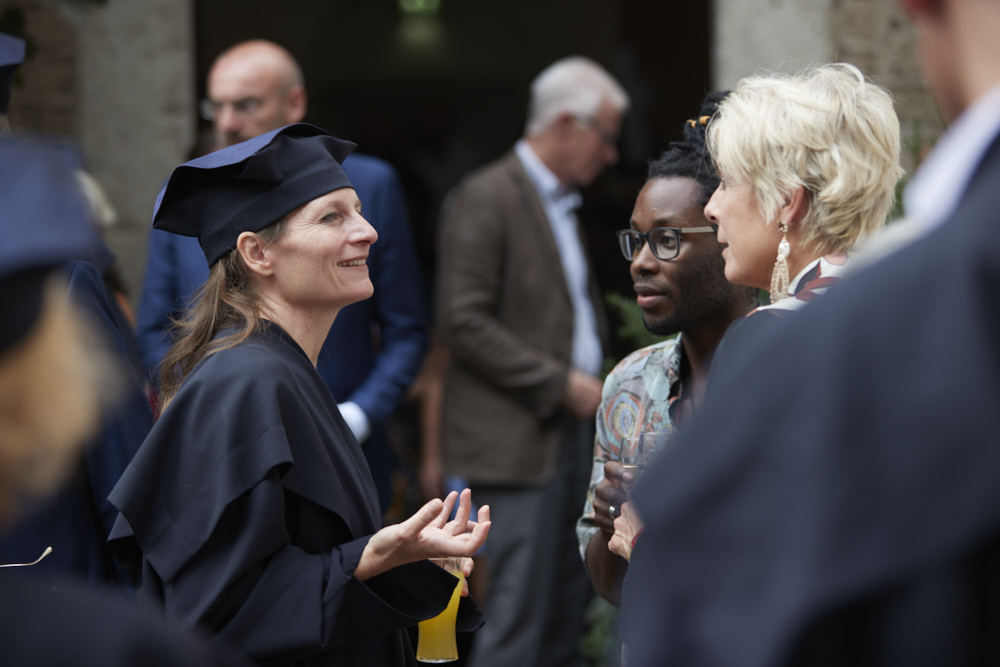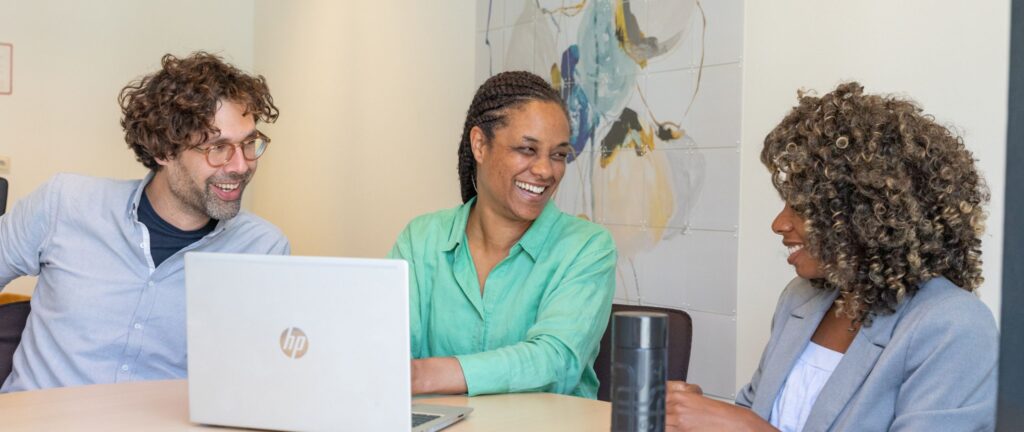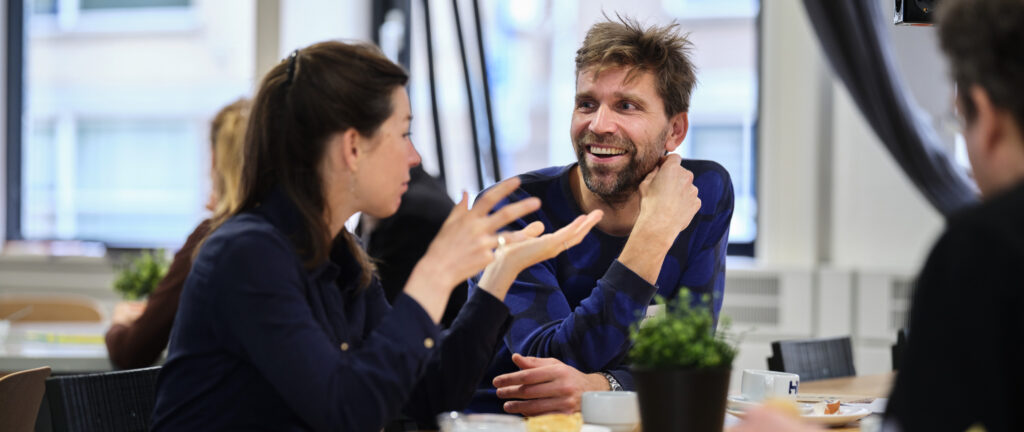Leah Niederhausen
PhD candidate

Scroll directly to
Profile
Leah Niederhausen is a historian and PhD Candidate in the chair group of Historical Memory and Transformative Justice. Prior, Leah has worked as a researcher at the Expert Centre Restitution within the NIOD Institute for War, Holocaust, and Genocide Studies Amsterdam. She holds a B.A. from Münster University (2020, cum laude) and a M.A. in Global History from Free University Amsterdam (2023, cum laude). Her master thesis, titled Restitution and Memory. The Past Made Present in Nazi and Colonial Restitution in Germany 1945-2023 has been awarded the Jan Brouwer Thesis Award 2024 by the Dutch Royal Society of Science (KHMW).
Leah conducts PhD research into the restitution of colonial archives, focussing on historical memories, narratives, and justice. Funded by the Dutch Research Council (NWO), her research project has been awarded the PhD in the Humanities 2024 Grant. She is being supervised by Prof. Nicole Immler (UvH) and Prof. Wouter Veraart (VU Amsterdam).
Specifically, Leah explores the restitution of colonial archives as the restoration, production, and transformation of knowledge. Similar to the museological restitution field (e.g. Sarr/Savoy 2018), archival return is increasingly characterized by efforts to move beyond the archive walls to address colonialism, colonial archives, and archival displacement as epistemic injustices (e.g. Melanson 2020; Landström 2021). Following calls to challenge these epistemic injustices (e.g. Rassool 2022; Basu 2024), the aim is to identify the epistemic frameworks that have shaped archival restitution so far by studying cultural memory and historical narratives in archival restitution contexts. Specifically, this project applies a relational approach that interconnects physical archival restitutions to Namibia (1996, 2005, 2019) and Suriname (2010-2017). The overarching aim is to enhance a more relational understanding of archival restitution that can contribute to epistemic transformation.
Expertise
-
colonial archives
-
contemporary history
-
cultural memory
-
epistemology
-
restitution
-
transitional justice
External positions
-
Board member on the PhD/ReMa Council,Huizinga Institute
-
Member of the Advisory Council for the Research Master Humanities,Vrije Universiteit Amsterdam


